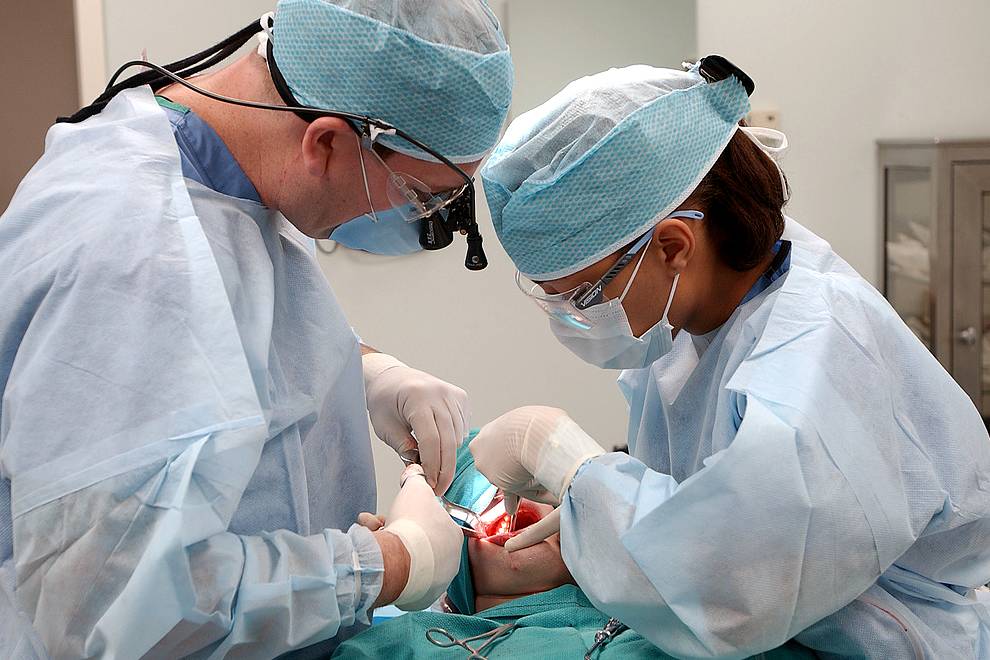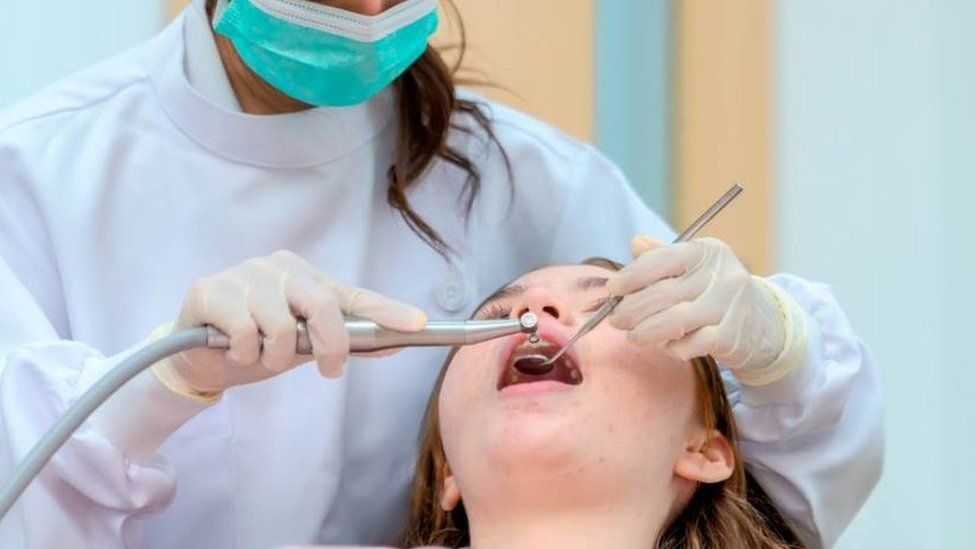Wisdom tooth surgery is known for its other term the third molar extraction. Third molar extraction, commonly known as wisdom tooth surgery, is a dental surgical procedure in which one or more of the third molars called wisdom teeth, are removed from the mouth.
Molar extraction procedure
Third molar extraction is a common procedure and is often recommended when the wisdom teeth cause problems or have the potential to cause problems in the future.
When do you need a wisdom tooth extraction?
Here are some common situations that might require wisdom tooth extraction:
- Impacted wisdom teeth. Wisdom teeth often don’t have enough space to fully emerge or grow in the correct direction. When a wisdom tooth is trapped beneath the gum line or only partially emerges, it is considered “impacted.” Impacted wisdom teeth can lead to pain, infection, swelling, and damage to nearby teeth.
- Pain and discomfort. Wisdom teeth can cause significant pain and discomfort as they attempt to emerge. Misalignment or pressure against other teeth can result in soreness, headaches, and jaw pain.

- Infection. Partially emerged or impacted wisdom teeth can create pockets of space where food particles and bacteria can accumulate, leading to infection. This condition is known as pericoronitis, and it can cause pain, swelling, and difficulty in opening the mouth.
- Tooth decay and gum disease. Wisdom teeth are hard to locate, making them hard to clean properly, which leads to an inflated risk of:
- tooth decay
- cavities
- gum disease
- Cysts and tumors. Cysts and tumors can sometimes develop around impacted wisdom teeth. The growths can cause harm to the jawbone, nearby teeth, and nerves.
- Crowding. Wisdom teeth can push existing teeth out of alignment, leading to crowding and potentially undoing the effects of previous orthodontic work.
- Damage to neighboring teeth. Wisdom teeth that grow at odd angles or press against adjacent teeth can cause damage to those neighboring teeth.
- Jaw pain. Wisdom teeth-related problems can contribute to temporomandibular joint (TMJ) pain and discomfort.
Take note that not everyone requires wisdom tooth extraction.
How long is the recovery after wisdom tooth surgery?
The recovery period after wisdom tooth surgery can vary depending on factors such as the complexity of the extraction, the individual’s overall health, and how well post-operative care instructions are followed. In general, here’s what you can expect during the recovery period:
- Immediate recovery
- Diet and eating
- Oral care
- Medications
- Activity and rest
- Swelling and bruising
- Stitches and follow-up
- Complete recovery
Follow your oral surgeon’s or dentist’s post-operative instructions closely to ensure a smooth and successful recovery. If you experience severe pain, excessive bleeding, persistent fever, or any other concerning symptoms, contact your oral surgeon or dentist immediately. Remember that individual recovery experiences can vary, so be patient and give your body the time it needs to heal.

